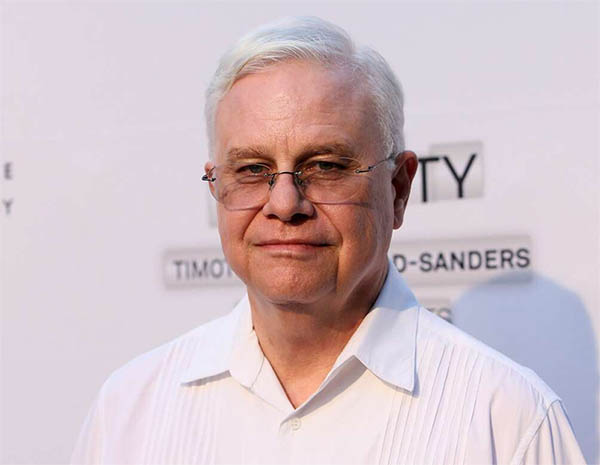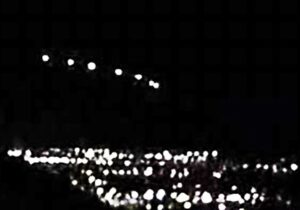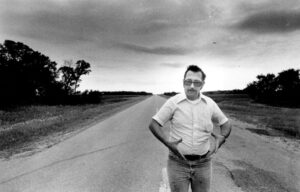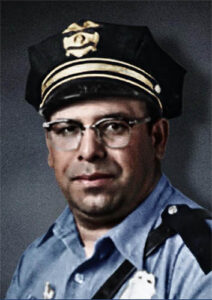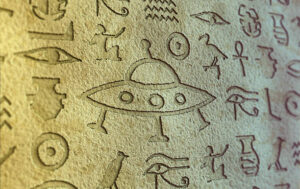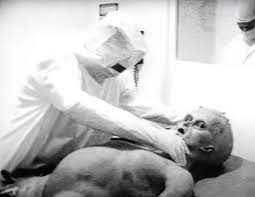Whitley Strieber is a name that stands out in the literary world for his uncanny and often mystifying narratives, particularly in the realm of speculative fiction. As an American writer, Strieber has delved into genres ranging from horror to science fiction, but his work extends far beyond the boundaries of conventional literature. His seminal work “Communion” (1987) marked a distinctive point in his career, where his own claimed experiences with extraterrestrial phenomena became a driving force behind his storytelling.
Early Life and Career
Born on June 13, 1945, in San Antonio, Texas, Strieber graduated from the University of Texas at Austin in 1968 with a degree in English Literature. His early career was marked by several mainstream novels, such as “The Wolfen” (1978) and “The Hunger” (1981), both of which were subsequently adapted into successful films. These novels established Strieber as a notable figure in the horror genre, demonstrating his knack for suspenseful and unsettling narratives.
The Paradigm Shift
The publication of “Communion: A True Story” in 1987 marked a significant shift in Strieber’s literary focus. The book, which is presented as a non-fiction account of his own experiences with apparent alien abduction, brought him into the limelight of the extraterrestrial and UFO community. Strieber detailed experiences of lost time, physical examinations by “non-human entities,” and other phenomena typically associated with alien abduction narratives.
Strieber’s accounts were met with a mix of intrigue, skepticism, and controversy. Some hailed him as a brave explorer of the unknown, while others dismissed his accounts as fabrications. Despite this polarizing reception, “Communion” became a bestseller and was later adapted into a movie, with Strieber played by Christopher Walken.
Continued Exploration
Strieber continued to explore themes of the paranormal and extraterrestrial in his subsequent work. Books like “Transformation” (1988) and “Breakthrough: The Next Step” (1995) further delved into his personal experiences and speculations about the nature of the phenomenon he was encountering.
He has also co-authored books exploring potential future catastrophes and ancient human history, such as “The Coming Global Superstorm” (1999) with Art Bell, which inspired the movie “The Day After Tomorrow,” and “The Mystery of the Crystal Skulls” (1997) with Christopher Dunn.
Strieber has also hosted a long-running radio show and podcast, “Dreamland,” focusing on paranormal phenomena and interviews with other experiencers and researchers in the field.
Legacy
Whitley Strieber’s impact on popular culture is multifaceted. He has not only entertained with his fiction but also challenged prevailing notions of reality with his alleged experiences and speculations. His work has played a significant role in popularizing the alien abduction narrative and expanding the dialogue on UFO phenomena. Whether regarded as a reliable witness, a masterful storyteller, or a controversial figure, Strieber has unquestionably left his mark on the literary world and beyond.
Whitley Strieber’s journey, from conventional horror writer to one of the most prominent figures in the discussion of extraterrestrial phenomena, is as fascinating as it is controversial. His works provide a unique blend of fiction and claimed fact, offering an intriguing insight into the mind of a man who has dared to question the boundaries of our understanding of reality. Regardless of one’s perspective on his claims, Strieber’s contributions to literature and the UFO discourse make him a figure worth studying.

